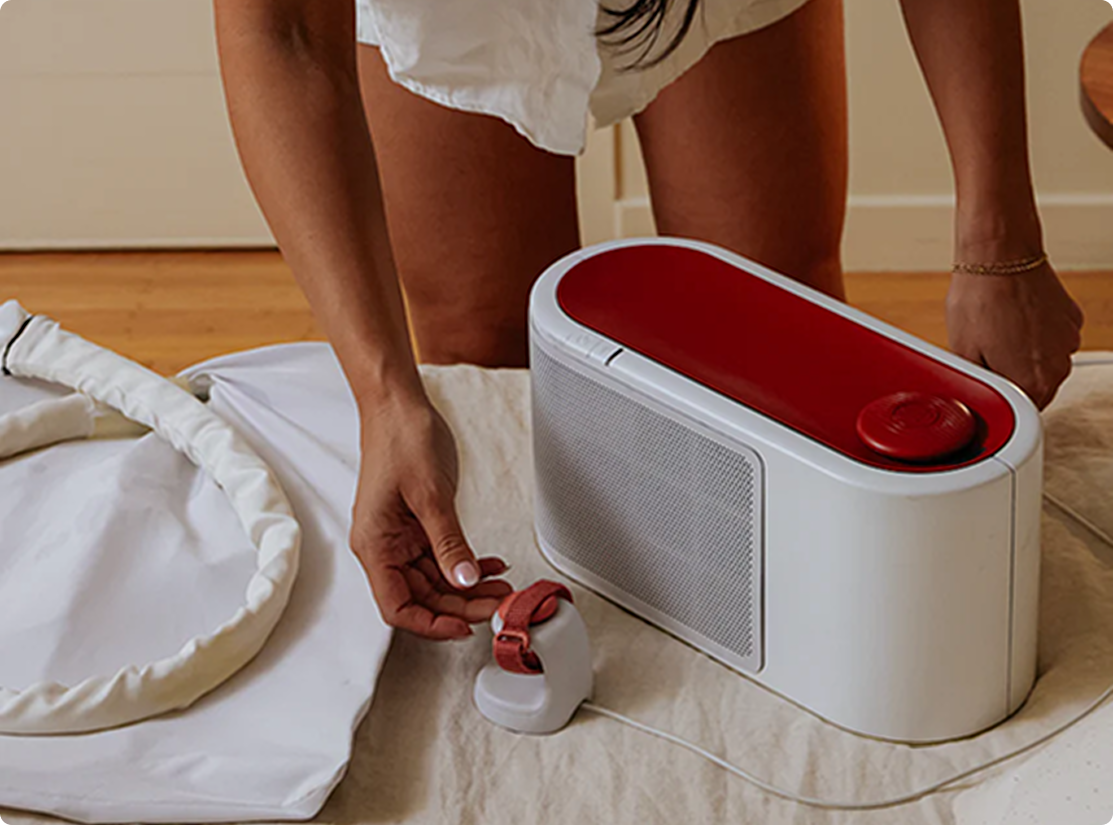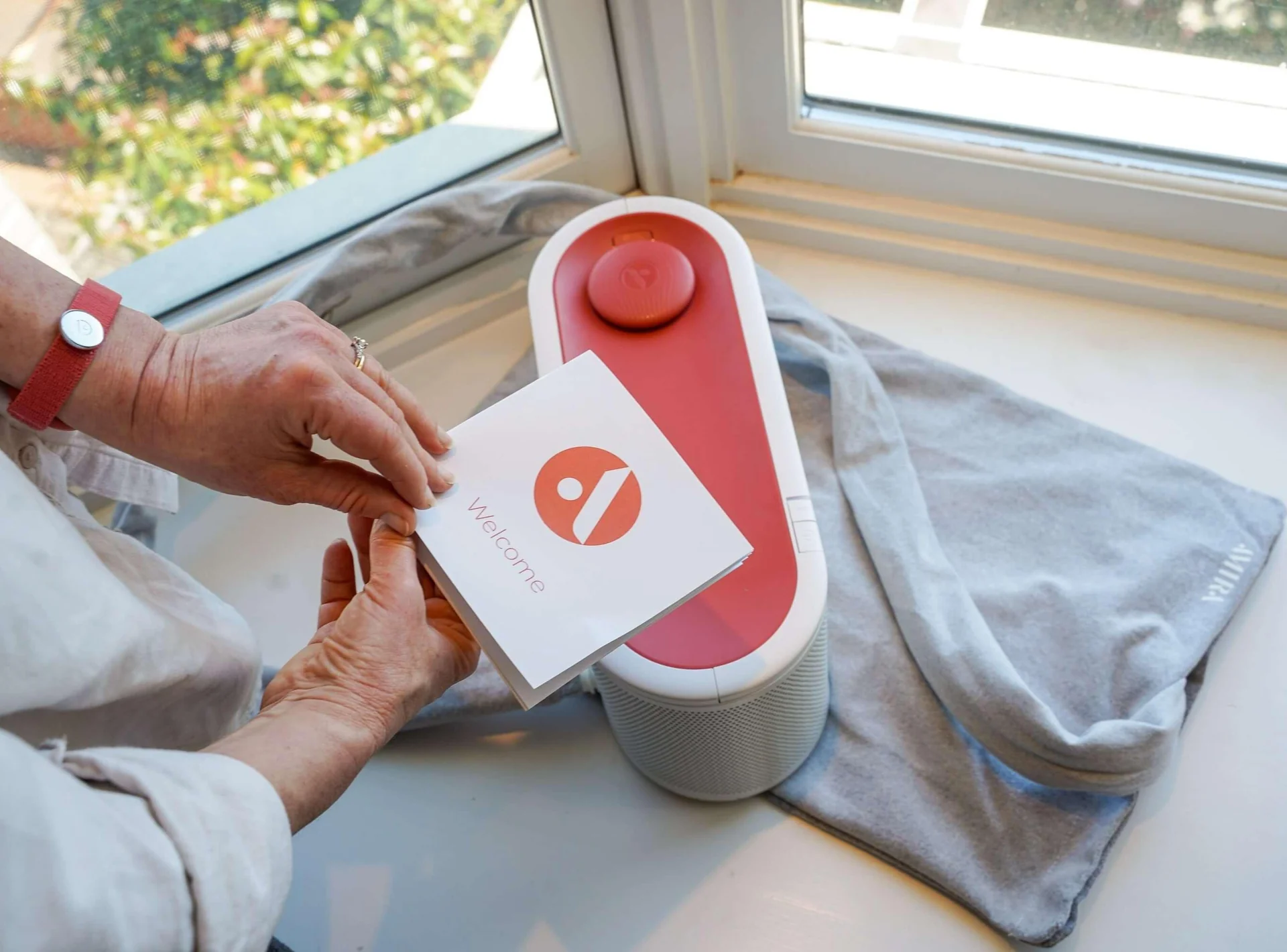The Benefits of Omega-7 for Menopausal Women
What is Omega-7?
Omega-7 fatty acids are monounsaturated fats that are part of the natural structure of the skin and mucous membranes in the body. The most common types are palmitoleic acid and vaccenic acid. Unlike omega-3 and omega-6, omega-7 is not an essential fatty acid, which means they can be produced inside our bodies. On the other hand, we are not able to naturally synthesize omega-3, which we need to obtain through our diet.
How Omega-7 Works
Omega-7 acts as a mediator between the body's fat and muscle tissues. It suppresses the production of new fat molecules, particularly those that damage tissues and increase cardiovascular risk.
In general, omega-7 plays a role in the proper functioning of the heart, skin health, mucous membranes, and even the digestive system.
Omega-7 for Better Management of Menopausal Symptoms
During menopause, many women suffer from pain, itching, or burning sensations. This can have a significant impact on daily life.
A study conducted on 45 women over a three-month period demonstrated the benefits of omega-7 on vaginal dryness. An impressive 86% of those who suffered from vaginal dryness reported an improvement in their symptoms after consuming sea buckthorn oil, which is rich in omega-7. Additionally, 77% noticed reduced pain during intercourse, and 88% reported the disappearance of general discomfort by the end of the study.
What Are the Health Benefits of Omega-7?
Omega-7 fatty acids are crucial for the proper functioning of our bodies and have been shown to:
- Reduce the risk of heart disease
- Maintain skin and hair health
- Relieve dry eyes
- Ease vaginal dryness
What Foods Are Rich in Omega-7?
Unlike omega-3, omega-7 is not abundantly found in our diet. The main natural source is sea buckthorn berries. In addition to sea buckthorn, omega-7 can also be found in macadamia nuts and spirulina.
Spotlight on Sea Buckthorn Oil
Sea buckthorn oil contains several compounds that can be beneficial to human health, including:
- Fatty acids, including omega-6 and omega-7
- Vitamins, including vitamin C, vitamin A, and vitamin E
- Antioxidants, such as flavonoids and polyphenols
It is known to promote skin hydration, reduce inflammation, and support mucous membrane health, which is especially important for menopausal women. Studies have shown that sea buckthorn oil can accelerate cell regeneration and renewal and is often used in skincare products to address dryness.
Lastly, an animal study revealed that this oil had a beneficial effect on eczema-like rashes in mice. Researchers applied the oil to the skin of mice for 4 weeks and discovered that it could inhibit inflammation, thereby improving symptoms.
Supported by a Nutrition Expert
Sources :
- Larmo PS, Yang B, Hyssälä J, Kallio HP, Erkkola R. Effects of sea buckthorn oil intake on vaginal atrophy in postmenopausal women: a randomized, double-blind, placebo-controlled study. Maturitas. 2014 Nov;79(3):316-21. doi: 10.1016/j.maturitas.2014.07.010. Epub 2014 Jul 21. PMID: 25104582.
- Yang B, Kallio HP. Composition en acides gras des lipides des baies d'argousier ( Hippophaë rhamnoides L.) de différentes origines. J Agric Food Chem. 2001;49(4):1939–47.
- Kallio H, Yang B, Peippo P, Tahvonen R, Pan R. Triacylglycérols, glycérophospholipides, tocophérols et tocotriénols dans les baies et les graines de deux sous-espèces (ssp. sinensis et mongolica) d'argousier (Hippopha?? Rhamnoides). J Agric Food Chem. 2002;50(10):3004–9.
- Dariush Mozaffarian, Haiming Cao, Irena B. King, Rozenn N. Lemaitre, Xiaoling Song, David S. Siscovick, and Gökhan S. Hotamisligil, Trans-Palmitoleic Acid, Metabolic Risk Factors, and New-Onset Diabetes in US Adults, Ann Intern Med. Author manuscript; available in PMC 2011 Dec 21.
- Bernstein AM, Roizen MF, Martinez L. Purified palmitoleic acid for the reduction of high-sensitivity C-reactive protein and serum lipids: a double-blinded, randomized, placebo controlled study. J Clin Lipidol. 2014;8(6):612-7
- Yang B et Kallio H (2003) Effets de l'huile d'argousier sur la peau. Asie-Pacifique Soins personnels 4 (5), 46‐49
- Larmo P et al (2010). L'huile d'argousier orale atténue l'osmolarité du film lacrymal et les symptômes chez les personnes souffrant de sécheresse oculaire. Le journal de la nutrition
- Erkkola, R, Yang, B. (2003) Huiles d'argousier : vers des muqueuses saines. AGROAlimentaire.
- Zielińska A, Nowak I. Abundance of active ingredients in sea-buckthorn oil. Lipids Health Dis. 2017 May 19;16(1):95. doi: 10.1186/s12944-017-0469-7. PMID: 28526097; PMCID: PMC5438513.
- Hou DD, Di ZH, Qi RQ, Wang HX, Zheng S, Hong YX, Guo H, Chen HD, Gao XH. Sea Buckthorn (Hippophaë rhamnoides L.) Oil Improves Atopic Dermatitis-Like Skin Lesions via Inhibition of NF-κB and STAT1 Activation. Skin Pharmacol Physiol. 2017;30(5):268-276. doi: 10.1159/000479528. Epub 2017 Sep 6. PMID: 28873377.







